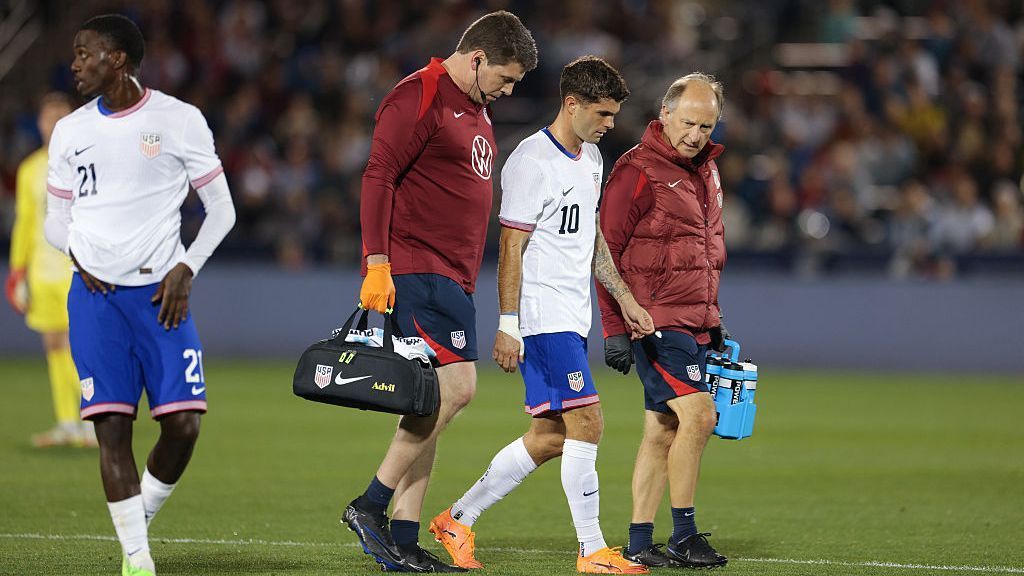
“Stonewall was a great bar, a transgender bar,” Griffin-Gracy told SF Weekly. “You could be someplace and you didn’t have to explain who you were. There were friends there. You were accepted there.”
Between Stonewall and the uptown building she lived in on Amsterdam Avenue and 85th Street, Griffin-Gracy enmeshed herself deeply in New York City’s burgeoning trans community spaces, which involved mutual care and resource-sharing. At the time, it was common for police to raid bars like Stonewall, often physically assaulting patrons and arresting them without just cause.
One fateful night, June 28, 1969, patrons of the bar including Griffin-Gracy, had had enough. The police attempted to raid the Inn, the customers fought back, and the rest is history—one that Griffin-Gracy herself came to embody as a founding foremother and singular protector of the queer liberation movement.
“All I know is all of a sudden you were fighting for your fucking existence,” Griffin-Gracy told SF Weekly of the ensuing riots.
Rather than fight the police in a prolonged interaction, Griffin-Gracy has said her strategy was to piss off an officer to get knocked out early so they wouldn’t continue to beat her, possibly causing serious injury. To do this, she said that she pulled a mask off a nearby policeman and spat in his face.
“He knocked my ass out,” she told SF Weekly. “That’s the last thing I remember. When I woke up, I was in the Tombs [holding cell], and the next day they just let us all out.” The events at Stonewall, which lasted for days, were commemorated with an event that has since become New York City Pride.
Following the Stonewall uprisings, Griffin-Gracy’s close friend Puppy died, which deeply impacted her political consciousness. While the police deemed her death a suicide, Major suspected that a client had murdered Puppy, and that the authorities simply didn’t want to investigate a trans woman’s death.
#Major #GriffinGracy #Stonewall #Veteran #Legendary #Trans #Activist #Died






